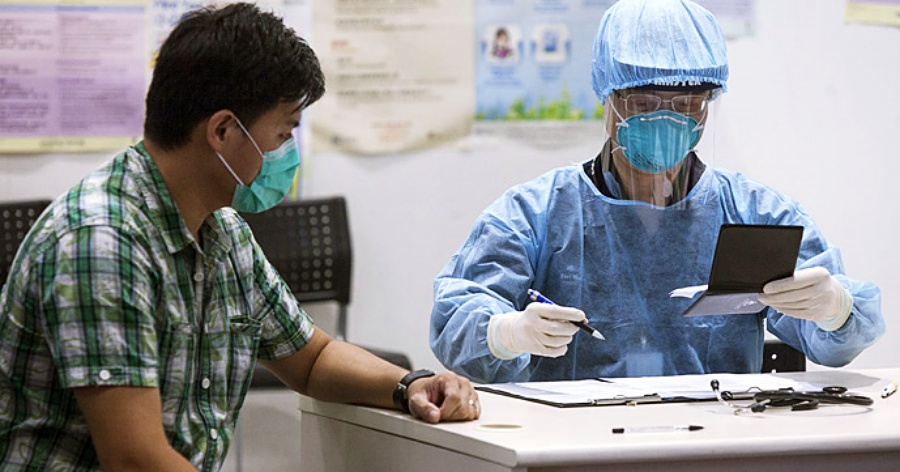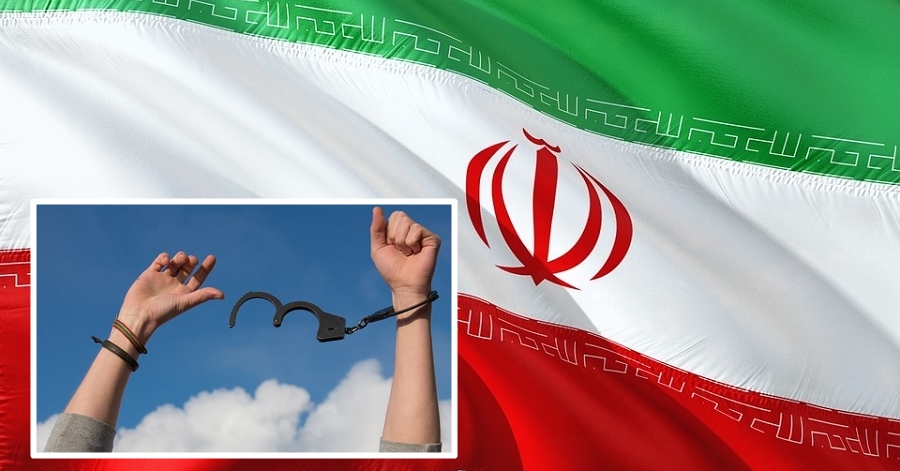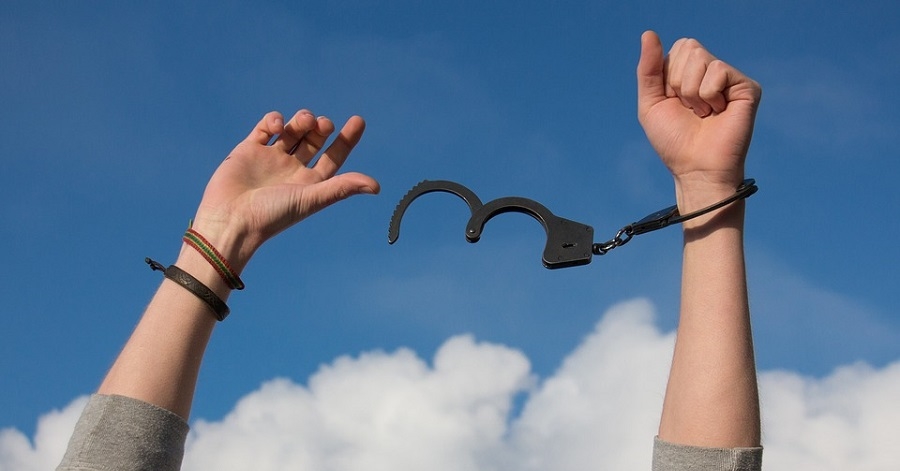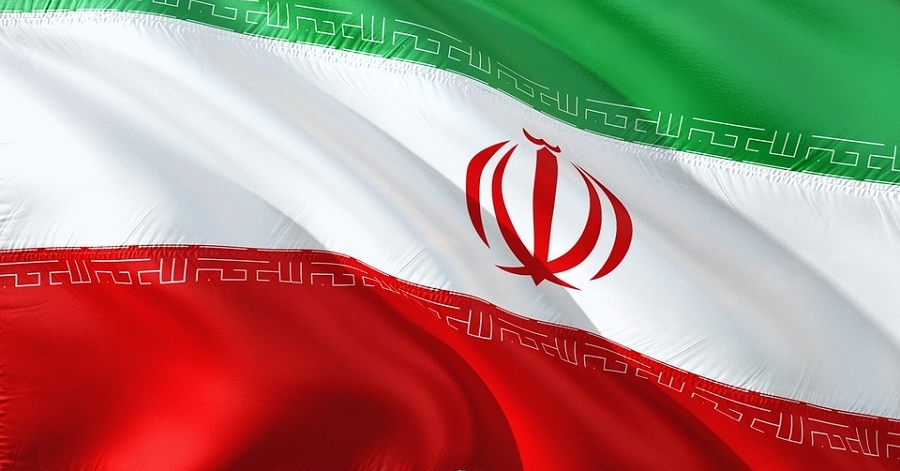Sotrovimab, the world’s newest anti-viral drug for COVID-19, is now available in the UAE for the early treatment of selected COVID-19 patients.
READ ALSO: UAE Offers Free Vaccination to All Residents Age 16 and Above
According to studies, the medicine works on all known variations and prevents severe sickness and death in 85 percent of early treatment cases.
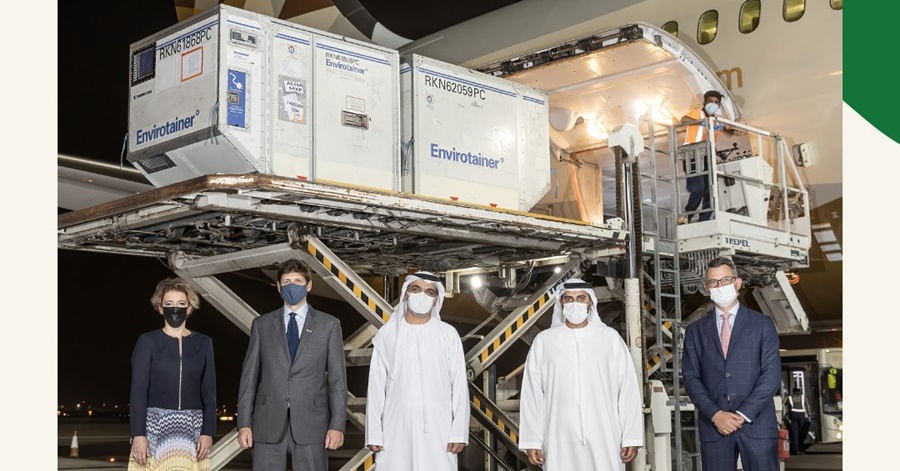
Another First: UAE to Receive Ground-breaking COVID-19 Medication
The medication arrived in Abu Dhabi on Tuesday, becoming the UAE the world’s first recipient, the National News reported.
Sotrovimab is an intravenous-administered antibody. It is not a vaccine, but rather a treatment.
It can be used to treat adults and children over the age of 12 who meet certain conditions and are at risk of severe Covid-19 occurrences, according to protocols approved by the National Scientific Committee.
Following the European Medicines Agency’s positive scientific opinion, GlaxoSmithKline applied to the US Food and Drug Administration and the UAE Ministry of Health and Prevention to get Sotrovimab licensed for emergency use.
Both parties agreed on it.
According to a video report by the Khaleej Times, here’s what you need to know about the new COVID-19 therapy medicine, Sotrovimab:
KT Explains: Sotrovimab new treatment for Covid-19 (1/2)
The UAE’s health ministry, on Saturday, approved the emergency use of Sotrovimab (Vir-7831), becoming the first country in the world to both licence and enable immediate patient use. pic.twitter.com/BpcHQFd3Nz
— Khaleej Times (@khaleejtimes) May 30, 2021
The Abu Dhabi Department of Health and healthcare procurement business Rafed have secured an agreement with GlaxoSmithKline to ensure delivery as soon as June or July.
As a result, patients in the UAE will be among the world’s first to benefit from revolutionary therapy.
“We have been working very closely with the Department of Health and Rafed since the interim results of the clinical trials with Sotrovimab were available,” said Gizem Akalin, managing director of GlaxoSmithKline Gulf.
“The DoH and Rafed have been agile and passionate about accelerating patient access to promising new treatments to confront Covid-19,” he added.
Akalin stated that their collaboration with the Department of Health and Rafed is extensive, getting early access to Sotrovimab so that Abu Dhabi and the UAE residents would be among the first in the world to acquire this breakthrough treatment.
He also stated that there is a great deal of scientific and medical collaboration going on to ensure that medical teams are prepared and equipped.
“We see this close co-operation as another sign of Abu Dhabi’s rapid development as a hub for first-class treatment, medicines research, logistics and manufacturing.”
The Ministry of Health’s National Scientific Committee and Abu Dhabi’s Department of Health worked on treatment processes to assist clinicians in identifying at-risk patients.
It assures that such patients, based on their risk profile and eligibility criteria, can get Sotrovimab.
“This medicine is at the forefront of pharmaceutical advancement and is a powerful tool in our fight to end this pandemic,” said Dr Jamal Al Kaabi, undersecretary for the health department.
“We look forward to implementing the eligibility criteria for emergency use of Sotrovimab as part of Abu Dhabi’s commitment to lead an all-encompassing Covid-19 response in prevention, treatment and care.”
READ NEXT: UAE Study Highlights COVID-19 Vaccine Efficacy, Impact on Preventing Hospitalization


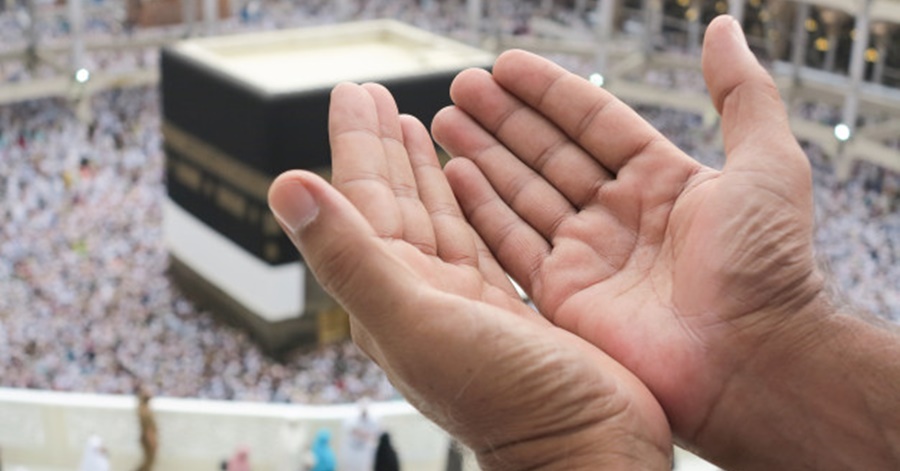
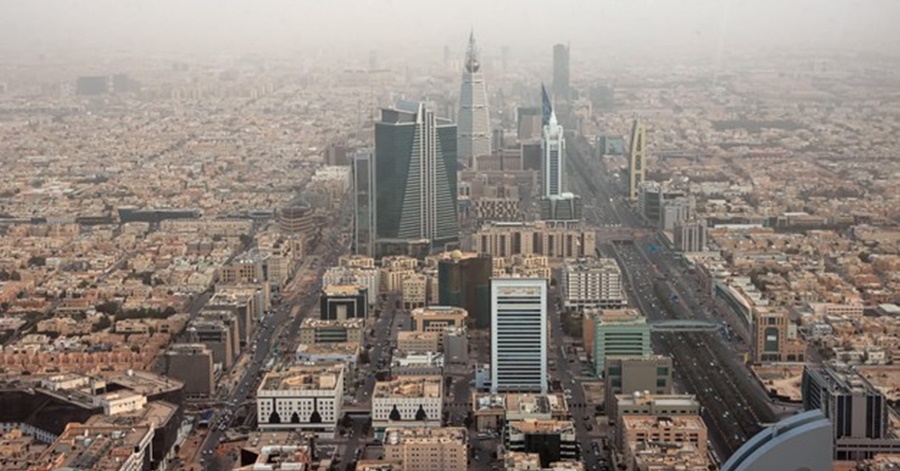

![[Warning] Break Lockdown Rules in Oman and Face Hefty Fines, Jail Time](https://middleeast247.com/wp-content/uploads/2020/10/oman-lockdown-punishments.jpg)
